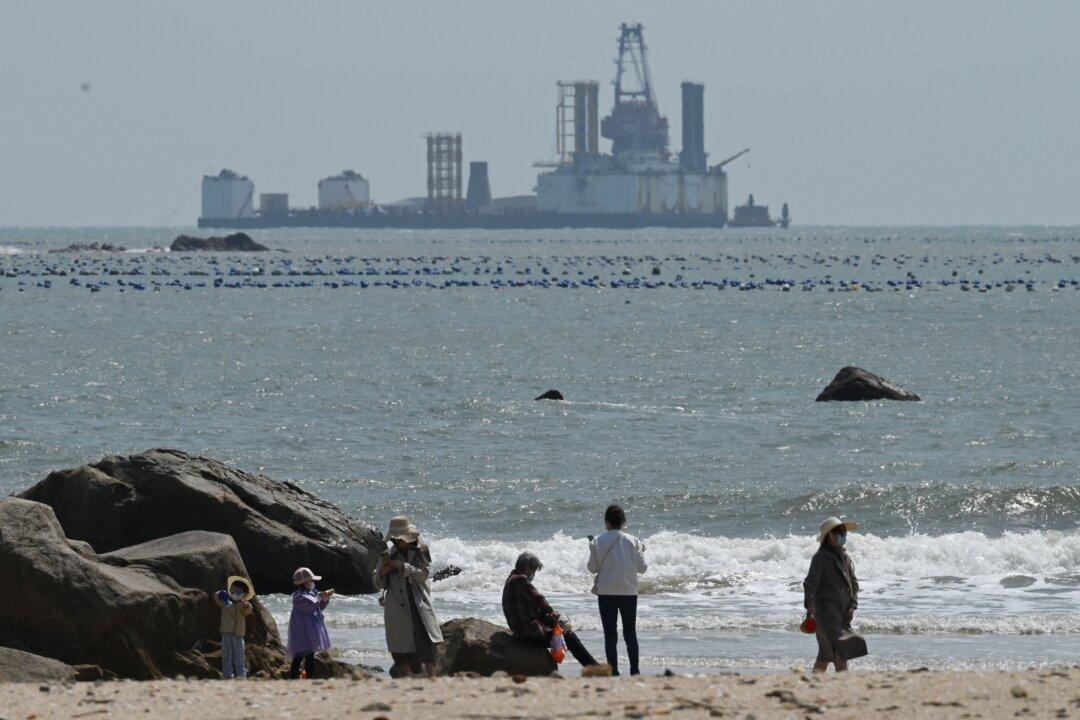Commentary
Xi Jinping’s options have evolved as it becomes clear that the People’s Liberation Army (PLA) of the Chinese Communist Party (CCP) may be neither ready nor willing to embark on a direct war to seize Taiwan.

Xi Jinping’s options have evolved as it becomes clear that the People’s Liberation Army (PLA) of the Chinese Communist Party (CCP) may be neither ready nor willing to embark on a direct war to seize Taiwan.